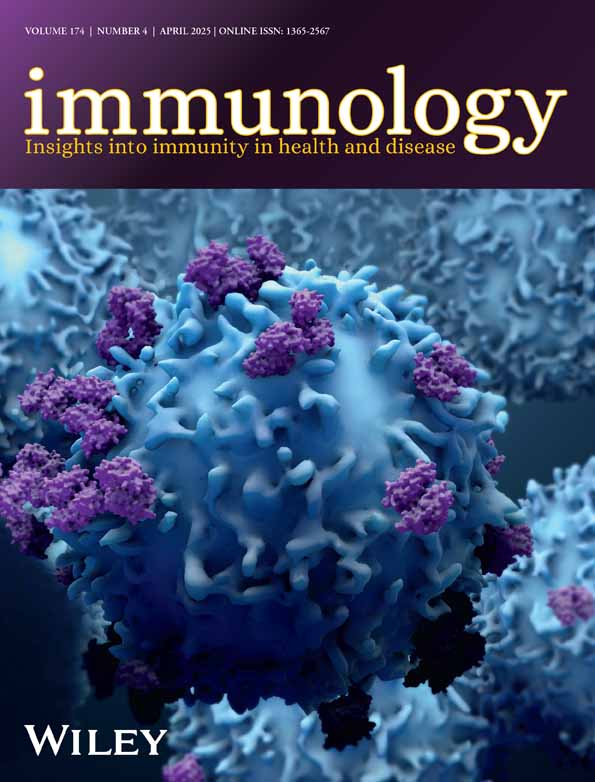Chronological Effects of Immune Checkpoint Inhibitors in Non-Small Cell Lung Cancer
Funding: This work was supported by 2022 Clinical Research project of Changzhou Medical Center, Nanjing Medical University (CMCC202201), 2021 Science and Technology Project of Changzhou Health Commission (Young Talent Science and Technology Project) (QN202116), the 2021 Science and Technology Project of Changzhou Health Commission (Major Science and Technology Project) (ZD202113), 2022 Changzhou 8th Batch of Science and Technology Project (Applied Basic Research) (CJ20220086).
Xinyue Guo and Lanqun Qin contributed equally to this article.
ABSTRACT
Circadian rhythm is a physiological process that oscillates in a 24 h cycle. It has a complex connection with the function of the human immune system and even with the development of tumours. Previous studies demonstrated the time-dependent effects of chemotherapy and radiotherapy; however, there are few studies on the timing effects of immunotherapy. Here, we explored the differences in the efficacy of immune checkpoint inhibitors (ICIs) administered at different circadian rhythm times in non-small cell lung cancer (NSCLC). C57BL/6N lung Lewis cancer mice models were constructed. Then, mice were intraperitoneally injected with saline or anti-PD-1 antibody at 7 AM or 7 PM, The expression of PD-L1 was detected by flow cytometry, and the expressions of clock gene BMAL1 and PER2 were detected by polymerase chain reaction (PCR) after treatment. A retrospective analysis was conducted on patients with NSCLC who received ICIs in our department from June 2020 to December 2022. Animal experiments showed that mice treated with ICIs in the morning showed slower tumour growth and smaller tumour volumes than those in the afternoon, accompanied by increased expression of BMAL1 and PER2 and suppression of PD-L1 expression. Retrospective analysis showed that patients who received ICIs in the afternoon (after 12:00) had significantly longer progression-free survival than those in the morning (before 12:00) (median was 16.5 months versus 9.8 months, respectively, p = 0.031, hazard ratio = 1.87). These findings suggest that immunotherapy may have time dependence, offering a novel therapeutic strategy.
Conflicts of Interest
The authors declare no conflicts of interest.
Open Research
Data Availability Statement
Research data are not shared.




